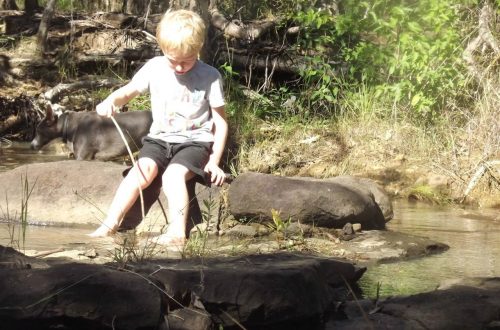
Language Arts Foundation
This month’s Homeschool Highschool Carnival is hosted by Every Bed of Roses and some have chosen to chat about:
Language Arts in High School.… What does your language arts program look like? What influences your choices/selection? (Not focusing on Literature nor Writing, both to be discussed in sepearate carnivals)
At first thought, discussing our Language Arts program without focusing on Literature or Writing seems rather devoid, yet our LA program is multi-faceted, after reflection I realised there is much to discuss. The title Language Arts is a broad term, encompassing not only the foundational basics but also the development and fruition of possibilities.
We have shared previously how my husband and I firmly believe that laying a firm foundation with the 4Rs is imperative in the primary years and highschool is the time to branch deeper into more specialised subject areas. During the highschool years whilst introducing new subject matter we still continue to progress with some ‘mechanics’ whilst delving deeper with essay writing. We desire our children to be thinkers and effective communicators, both in the written and the spoken word and this is always in the forefront of our minds in our choices and approaches.
Dictation continues to be part of our teens Language Arts program until graduation, in the last few years since we found the missing piece to our dictation approach we have seen a massive improvement in the quality of our teens written work. Dictation addresses many areas; elocution, vocabulary, punctuation, syntax, spelling and memory work, all that in one approach. Whilst we generally address spelling through dictation we periodically re-visit this subject with more formal lessons too. Our choice of Grammar program for the highschool years in an OOP title English for the Australian Schools by Ronald Ridout, a mixture of formal grammar and composition lessons. This book is of very high standard and each lesson builds upon the knowledge taught previously. A large component of our approach to grammar is also relaxed and informal, including language board games and reading books such as, Eats, Shoots & Leaves, often when sharing our readings and writings we diverge into a discussion of grammar with our children always quick to note examples of poor grammar. We’re a family that enjoys talking about language.
The study of foreign languages also comes under the umbrella of Language Arts. Einstein has chosen to study Latin and this year is particularly enjoying, Better Read Than Dead by Sharpley (Abe is MUCH cheaper than Amazon). Through studying Latin he is understanding and appreciating English grammar, sentence syntax and the roots of our language far more.
Logic is a subject today that often has little value placed on it and yet is the vehicle for taking education to a higher level. It is through the study of logic that a student makes the transition to “The Great Conversation.” The study of logic teaches the student to define, to clarify, to listen, to think and to communicate. Whilst we have undertaken some formal studies, using resources such as Critical Thinking, and for a short period we were blessed to have a visiting priest teach logic classes, much of our logic study has been through discussion, pondering, sharing ideas, challenging and expressing oneself.
Building onto a solid foundation, extending and challenging, conversation and pondering are large elements in our teens Language Arts education.






2 Comments
Vicky
Your language program sounds a bit like ours, Erin. We're using The Thinking Toolbox for Logic, at the moment.
Sorry I wasn't able to contribute, this time. I'm trying to re-organise the house, right now, before I get to thinking about next term.
God bless:-)
Erin
Vicki
Somehow I'm not surprised:):)
Hoping your re-organising went well?